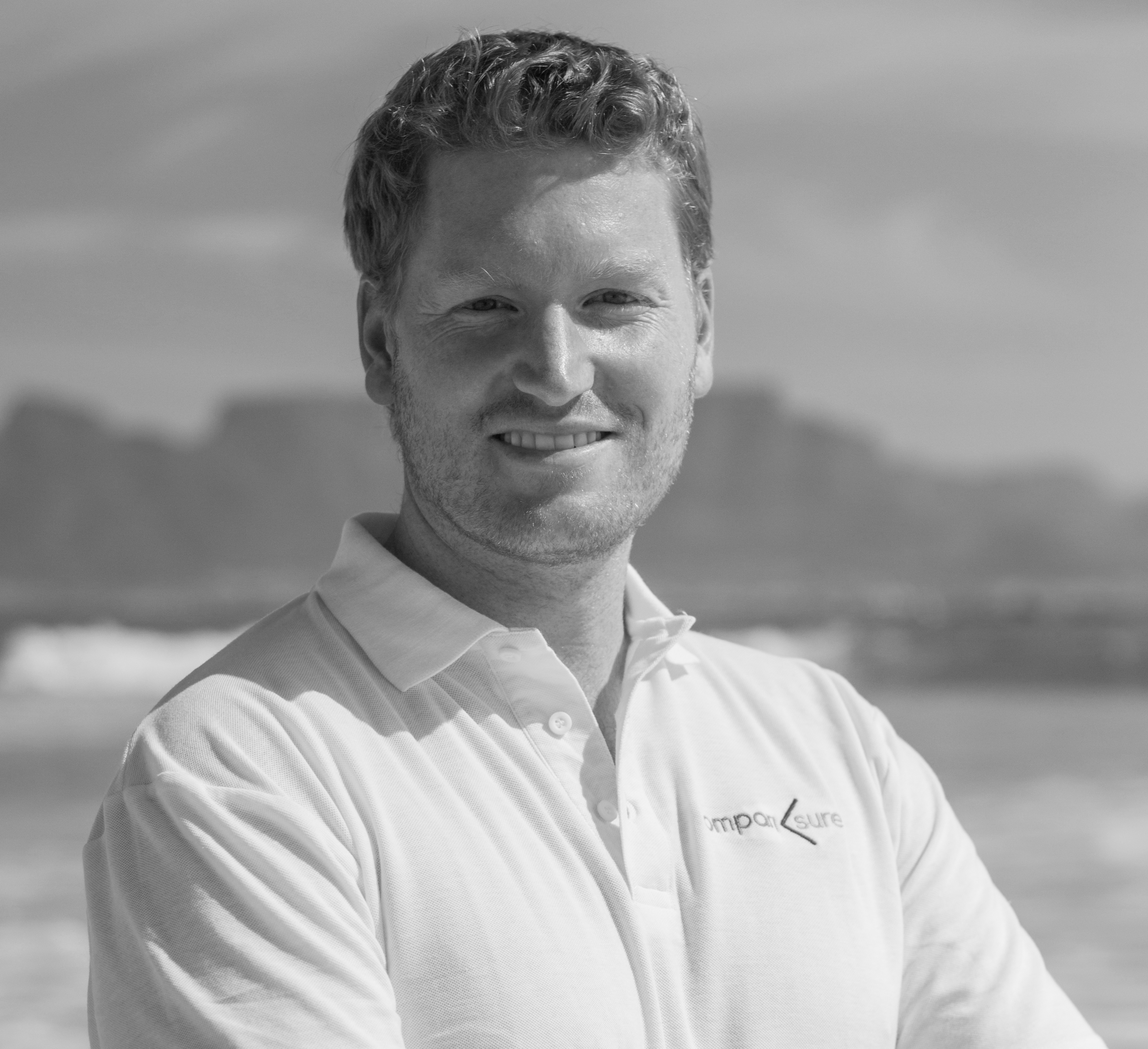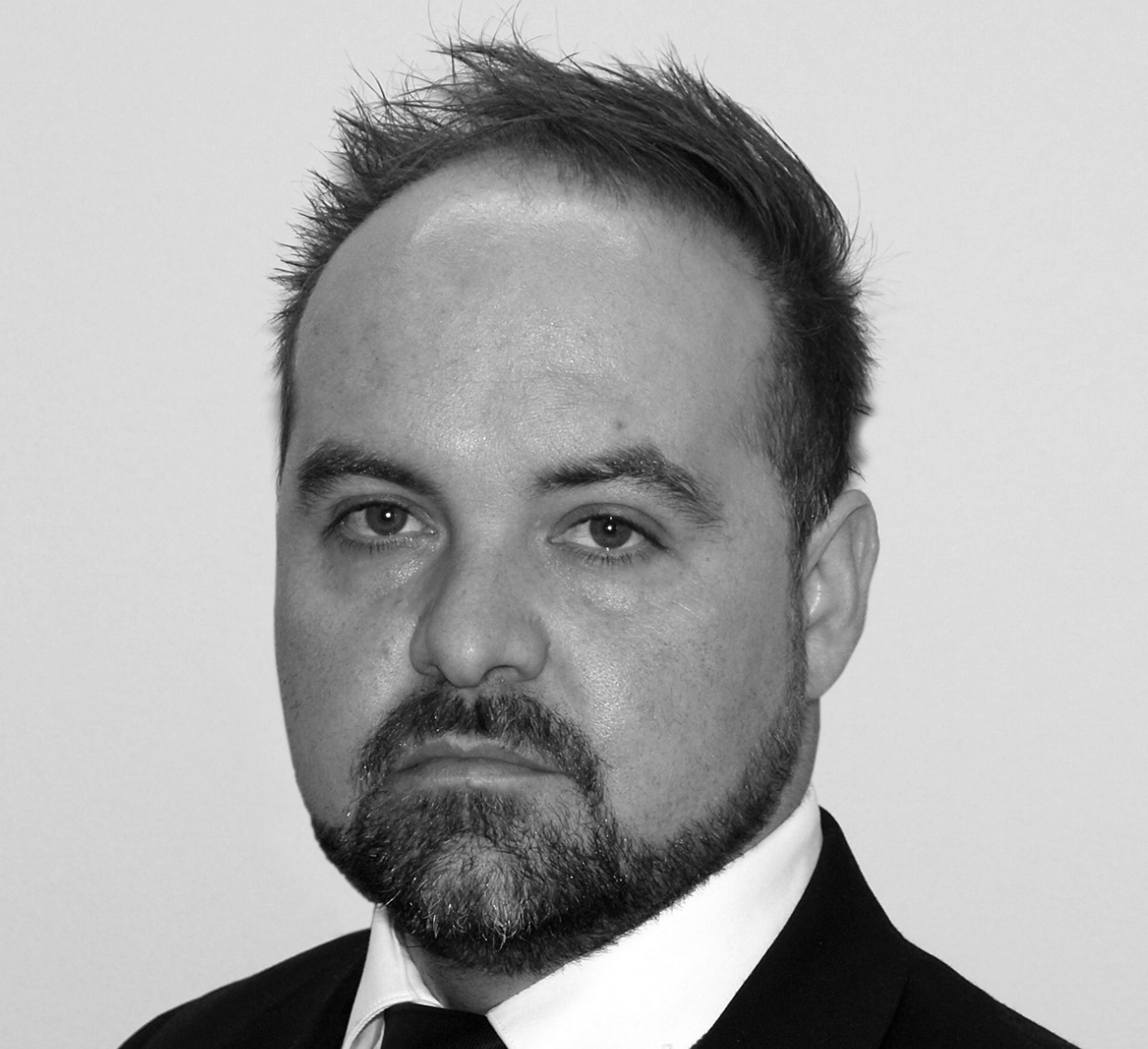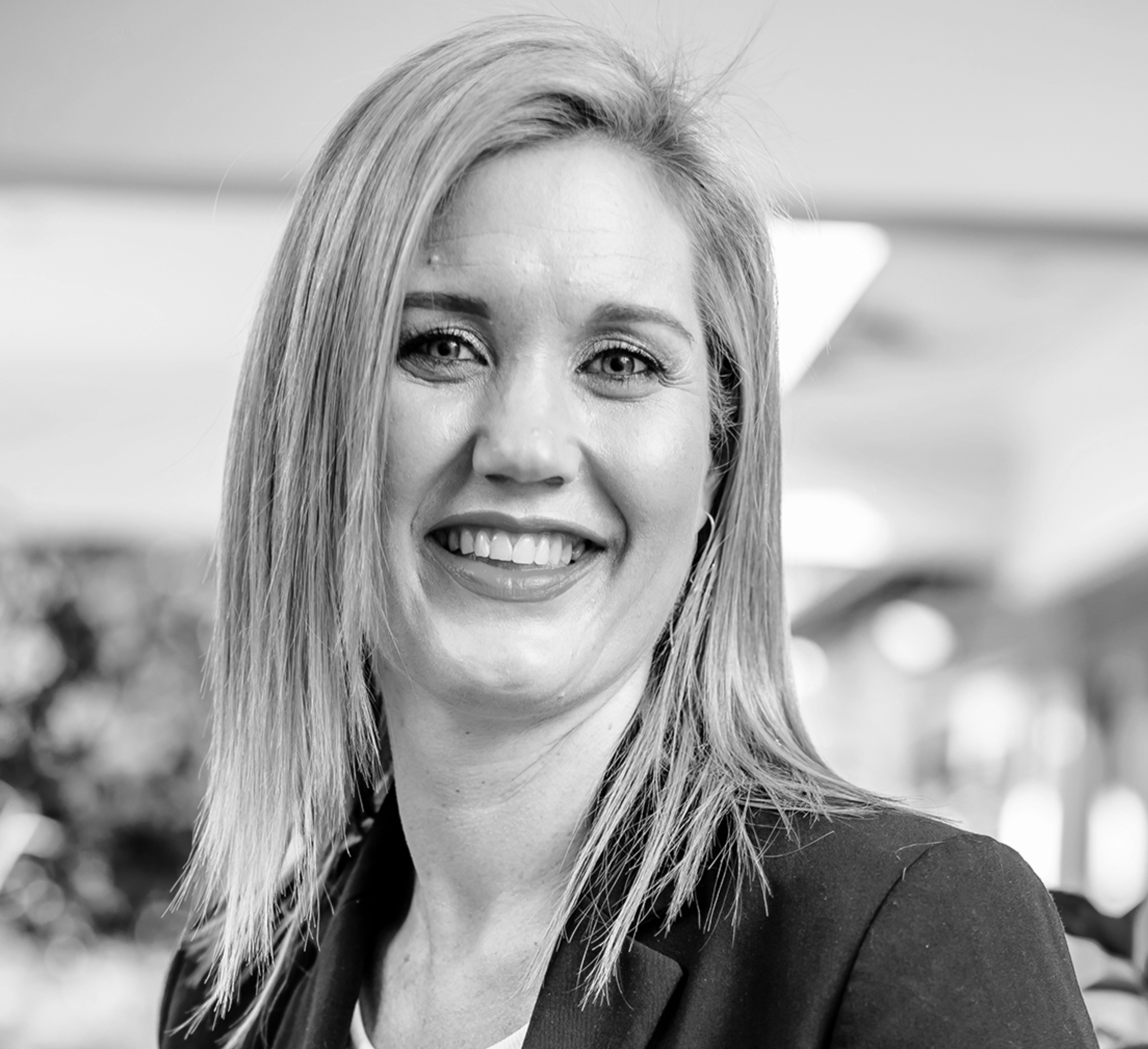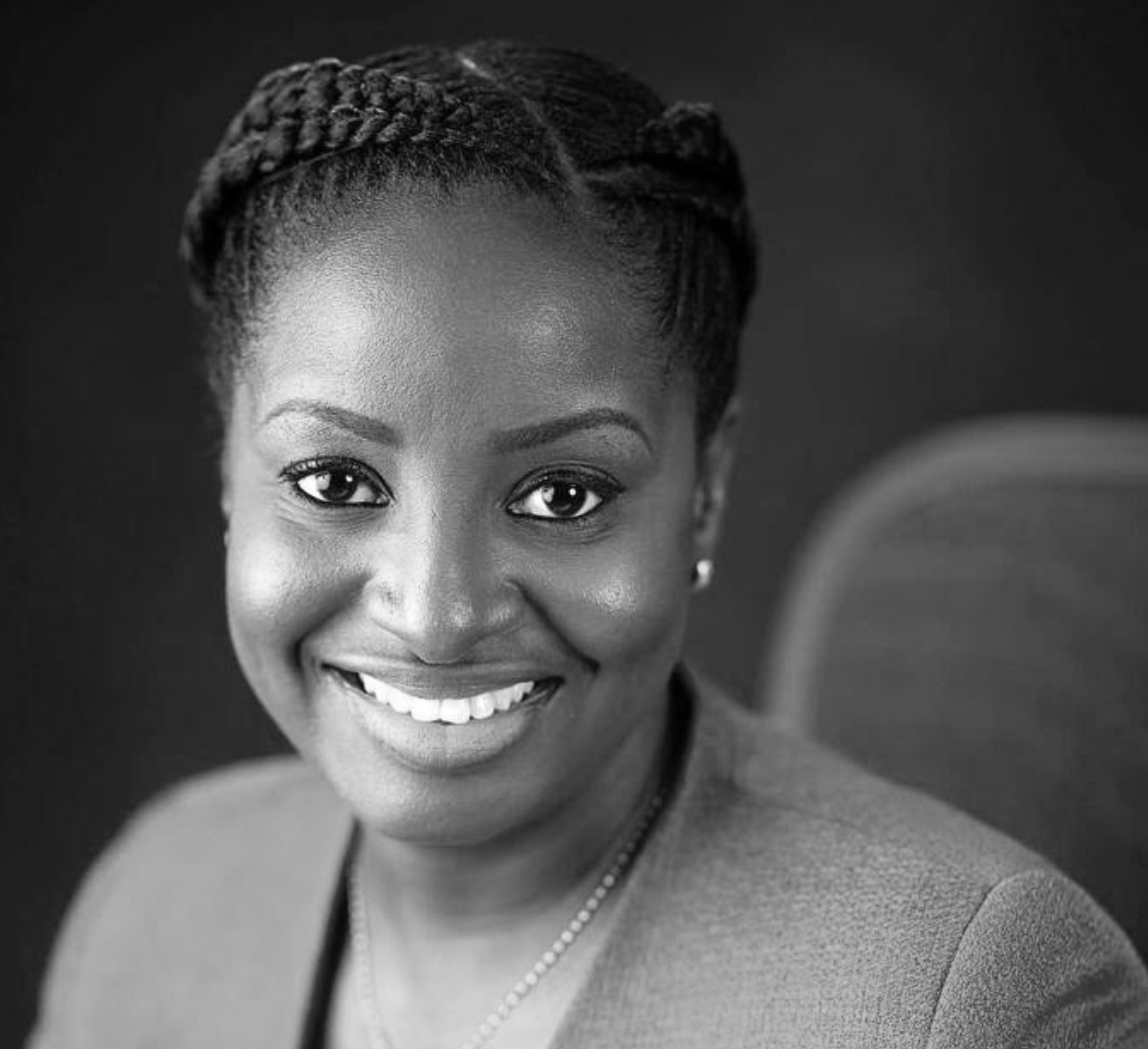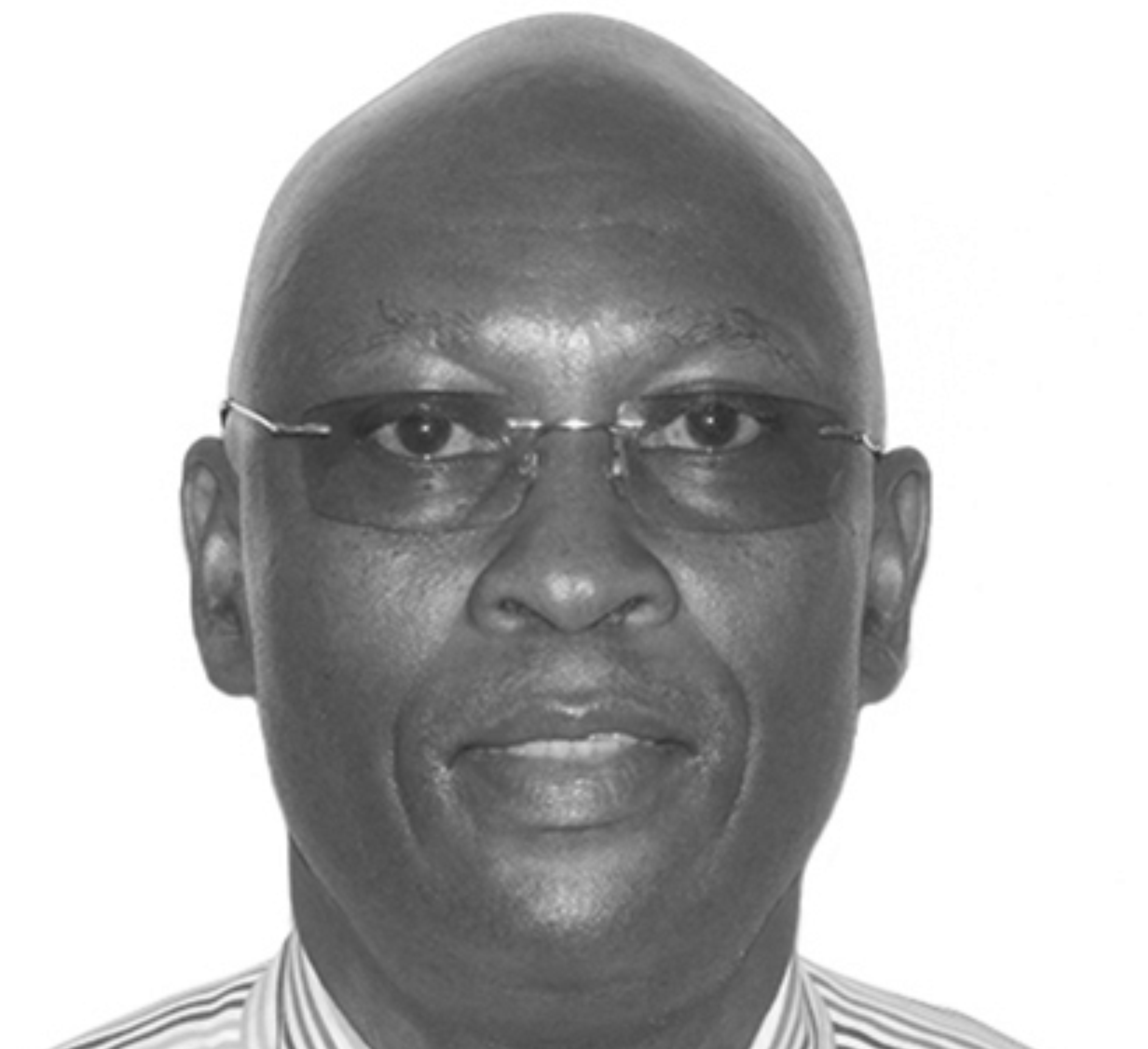171: Matthew Kloos
Matthew Kloos quit his London job and returned home to Cape Town to embark on a new venture as CFO at CompariSure, which is focused on giving South Africans access to quality insurance products, making it easier to buy and compare, with the key differentiator being that it’s all done via chatbots.

Today’s podcast is sponsored by Draftworx, which provides automated drafting and working paper financial software to more than 8000 accounting and auditing firms and corporations. CFO Talks is a brand of the South African Institute of Business Accountants.
I’m keen to hear from you why you chose this rather unconventional route to CFO, you being an actuary and how that affects your view of the position and the organisation. Do you come with a slightly different toolkit or a drastically different toolkit to the ordinary accounting-trained person?
Definitely, I don’t know if I chose the route or if the route chose me, but as you noted, my background is in actuarial and after completing my degree I spent five years doing very traditional actuarial work for PricewaterhouseCoopers. I really enjoyed that experience, they’re a great company and you get a massive breadth of experience. By the end of my time there, I think I had an access card to Old Mutual, Discovery, Metropolitan, Sanlam, you really do get that broad view. From there I completed my exams and then I think, as one does, you get itchy feet in your mid-twenties and I went overseas and did a master’s in Spain, which took me to London, where I was working at a bank.
I was always very exposed to finance and the financial world but just not from an accountant’s perspective. Then while I was in Johannesburg, my business partner, Jonathan, had started CompariSure, it was one of those classic startup stories, he was a lone man in his garage and he was very much looking for a partner, someone to come onboard and help. At the time, he was looking to raise funds, go the VC route and try to get money from investors. So I made the leap, quit my job in London and moved back to Cape Town to get involved with CompariSure full-time and it’s been a crazy four years since.
I think to answer your question of do I have a different view, I would say in many ways it’s very similar in that I come from a finance world, and I have been looking at income statements and balance sheets all my life. Less involved with preparing them, I would say, but in that sense I suppose I have a similar view in what accountants might see.
Give us a bit of an introduction to CompariSure Financial Services, tell us what it does.
As you might have guessed with the name, CompariSure, we have our origins in comparing insurance. The South African company that most people are aware of Hippo and in the UK you’ve got guys like GoCompare and Compare the Market, but we set out to do something similar in South Africa, the thesis being that the South African insurers, the well-known brands, they have good products but most South Africans struggle to access them and struggle to compare, so we try to make that process easier. Along the way, we started playing around with conversational commerce, chatbot technology, and the big insight was that many South Africans, I’m talking the mass market, people aren’t used to browsing websites, they’re on their mobile phone, and what better way to engage with them than via a conversation. People don’t need to download a new app, they don’t need to browse complicated websites, they just use the apps that they use every day, so WhatsApp, Facebook Messenger, for example, and we then took the sales and distribution processes from websites and call centres and translated it all into this conversational commerce, chatbot technology, where you’ll click on one of our Facebook adverts for one of our insurance partners and then the chatbot will take you through the process.
So essentially that led to the birth of this chatbot-driven fintech where we sell insurance products and that’s been our big breakthrough in the South African market, we were the first guys to be doing it end-to-end.
The big difference with CompariSure in chat is that once you go through the quoting process, you select the products you like and then you continue to fulfillment piece in chat. So the chatbot will ask you who do you want to be your third beneficiary if you pass away and what’s your bank account information and collect everything needed, 80% of our sales are completed by people by themselves on their own steam. So that’s something that people really appreciate you don’t have pushy sales agents and you can come back to a conversation, I think that’s a big one. So it does go deeper in allowing people to fully purchase and get covered on the spot. 96% of our customers are people who are buying funeral insurance and they’re buying online for the first time in their lives. So they’re getting access to a better product and they don’t have to go out and about, spend time doing that. So for me, a massive part of what we’re doing is that impact on people’s lives.
I’m curious to get your viewpoint on learning and lifelong learning, is this something that’s important to the modern CFO and give us your sense of where you think the accounting profession is headed, bearing in mind that you do come from the actuarial side, so you have a very analytical approach to things and maybe a slightly different view of the same accounts that everybody else is looking at but you’d look at that with different eyes. Tell us about that.
That’s a great question and I think there are very interesting parallels between accounting and actuarial and where it’s heading, in a sense of that a lot is being automated these days and lots of work that actuaries and accountants used to do, that used to be quite technical, it was numbers-driven, is being automated. These accounting packages and actuarial packages are making things much, much easier for people to do.
We as actuaries and accountants need to then see where we can add value and how can we be different.
If you think about it, eventually how automated will accounts be, simple accounts could become very automated, if you’ve already got the packages pulling in your bank statements. That would be my sense for both of these professions, so much is being automated that it is critical that you continue on this lifelong learning journey of what can I as a CFO or actuary or accountant, how can I add value to my business beyond the accounts because if you assume the accounts are going to get done and they’re going to be accurate, what can I do as a reader or user of these financial statements, how can I take that knowledge of mine and add value to a company as a whole. How can I give my CEO valuable insights into different projects or different business units or different product lines. In my opinion, it’s absolutely critical that one does continue lifelong learning.
I think perhaps as an actuary or as an accountant, if you assume that the technical side is going to be done, you assume that we as professionals will do it and do it well, where we need to continue learning I think more actively is outside of our own professions but in business and in sectors that we want to stand out and really be an actuarial accountant who knows the industry backwards, who can talk and tell a story and be someone who people want to work with. So that’s my take, it’s critical to have those basic skills in place but then the lifelong learning that will stand you apart as an actuarial accountant will be your ability to operate in a broader business setting.
I just want to mention the CFO (SA) designation, it’s something that was evolved out of the South African Institute of Business Accountants really in recognition of people who reach the pinnacle of their profession as a CFO or finance executive. A lot of the skills that you accumulate as you go are not really technical accounting skills, they’re the softer skills, the ability to communicate, to lead a team, what’s your take on that, the experience side of things, you’re not going to get that from any other source?
To a large degree, there’s nothing that replaces experience, I 100% agree. But I think one would have to try and complement that experience because how do you get CFO experience unless you are a CFO yourself. I think one can get an enormous amount of insight, obviously from reading, from understanding other businesses and from reading about people who have gone before because I 100% agree, the modern CFO does need to do so much more.
I think back to my MBA, where some of our courses were very, very important but basic from a finance point of view, so it was basic finance, basic accounting. The structure of those classes was very interesting because you had a team of eight or nine people and then your role in that class is very different. So you understood the numbers, you understood the accounts, it was very easy for someone who had done it before. But then what you had to do was explain to your fellow MBA classmate who was maybe an engineer or came from the army or had a different background, you had to then do the explaining and tell the story, which is very much I think what the modern CFO has to do. As you said, he’s at the side of the CEO and needs to be explaining to business and the different people within the business from operations to customer service, why what they do is important, how the finances come together for their business unit, for their team. So I think the way you described it is very much definitely how I have experienced it as a CFO.
The CFOs who stand out are the ones who have that business acumen.
Are there any books that you would recommend?
I’ve enjoyed quite a range on the finance side, I always enjoy business-related autobiographies, there was a good book called Elon Musk: Tesla, SpaceX, and the Quest for a Fantastic Future by Ashlee Vance. Then there are other books like The Everything Store: Jeff Bezos and the Age of Amazon by Brad Stone. Another good one that I enjoyed recently was Chaos Monkeys by Antonio García Martínez, that was a guy who was an entrepreneur but then ended up running his own business, but then got sucked into Facebook and was there during the IPO. So those kinds of books I find entertaining and insights into the business world. One last one that I found invaluable for fundraising, which has been critical for me in our business, and that was Secrets of Sand Hill Road: Venture Capital and How to Get It by Scott Kupor. So any of those books, if you’re a young accountant you’ll be excited and inspired by them.

